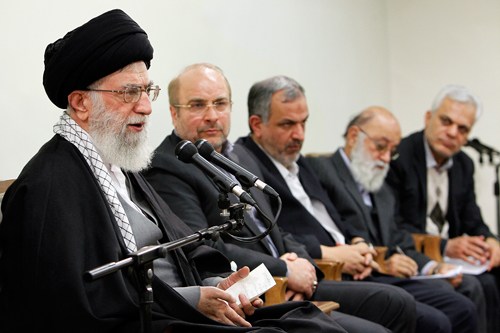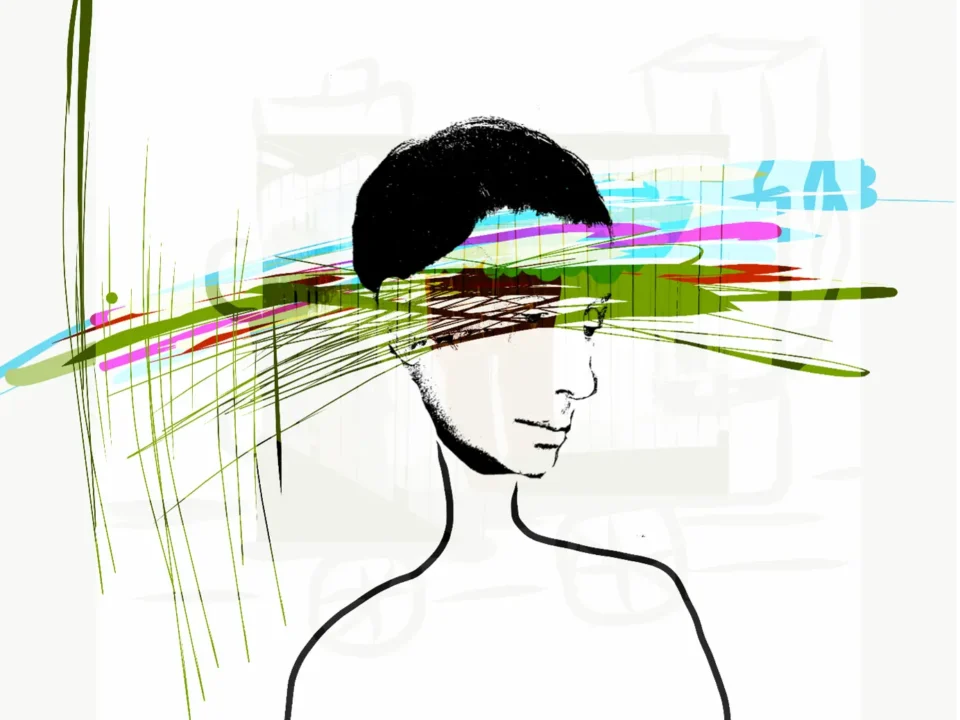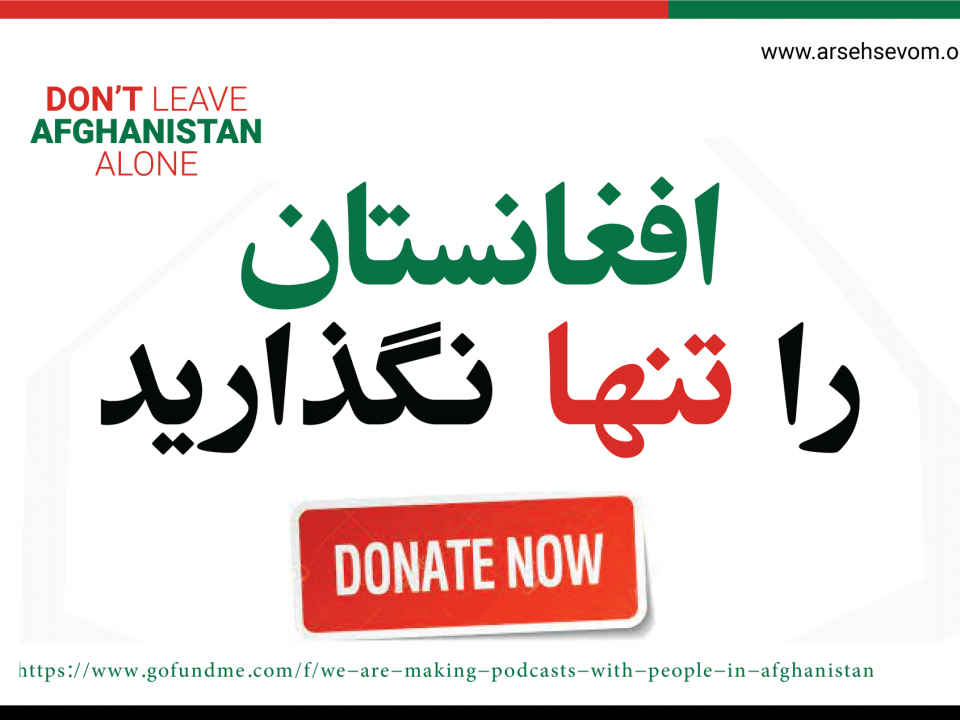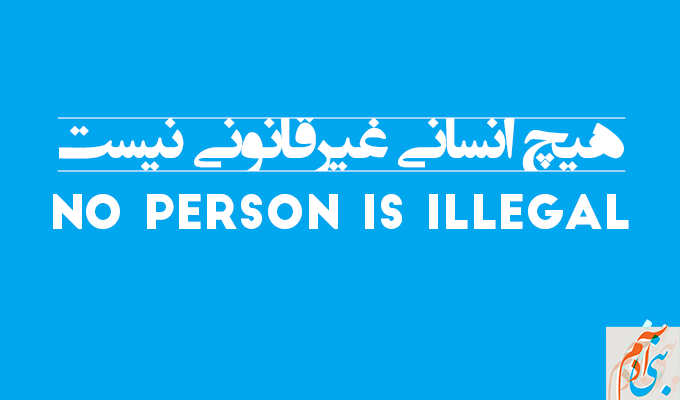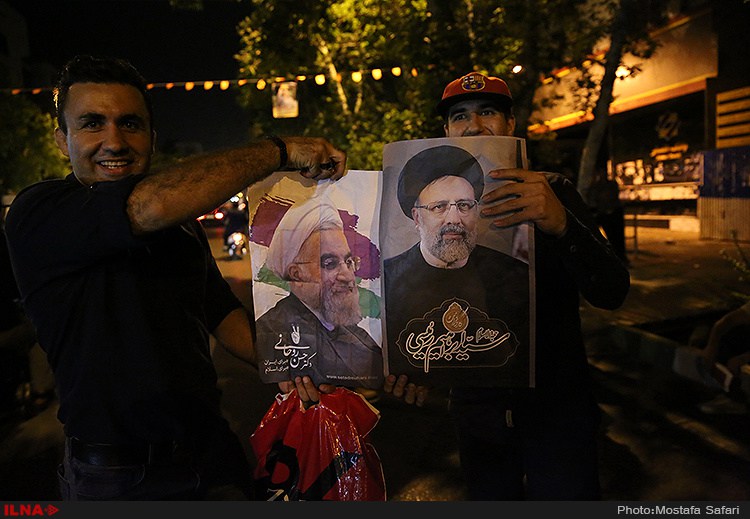
City Councils Under the Shadow of Polarized Presidential Election
July 11, 2017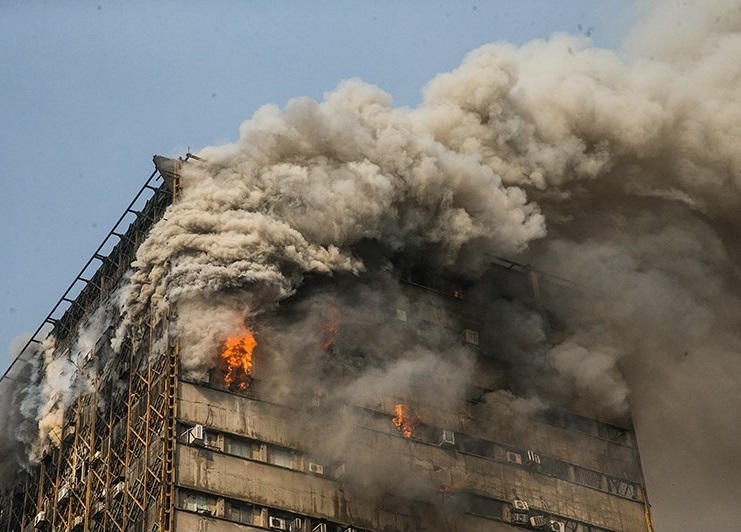
Building’s Collapse Highlights Iran’s Lack of Emergency Preparedness
August 14, 2017
Dar Sahn – In Iran, the law gives city councils considerable authority. Practically, however, that authority is limited by the way power actually asserts itself in the Islamic Republic. Limitations on the autonomy of city councils are put in place by the Office of the Supreme Leader, along with a number of other ministries including the revolutionary courts and the security services.
By Morteza Kazemian
The Islamic Republic of Iran’s Political Pyramid
From the capital city of Tehran to the remotest villages, everybody in Iran, directly or indirectly, needs to consider the desires of the supreme leader. He has his own doctrine and agenda. This is often felt in Tehran more than any other place.
The mayor of Tehran needs to have close interaction with the supreme leader. That interaction is defined by the ideological and political affiliation of the mayor to the supreme leader. Traditionally the mayor pays close attention to the communications of the supreme leader.
One example can be found in a 2014 meeting with the current mayor of Tehran. In that meeting Supreme Leader Ali Khamenei commented:
“The atmosphere and lifestyle in Tehran should be aligned with the Islamic values. The architecture and the general image of our capital do not really seem Islamic now. City hall and the council should take this issue quite seriously.”
Clearly, Tehran’s mayor and the city council cannot ignore the supreme leader’s comments.[i]
There are other examples as well. One is from a 2003 meeting. In that meeting Ayatollah Khamenei met with the members of the city council and then mayor of Tehran Mahmoud Ahmadinejad. The supreme leader commented that Tehran did not exhibit enough “Islamic morality.” According to Khamenei, spreading Islamic morality should be the main focus for the city. “In this way we can solve many problems. Parks, cultural centers, advertisements, transport signs, and other things should all be more Islamic,” the supreme leader stated. These comments affected the tasks of city hall quite visibly.[ii] News of the new efforts was spread to communities via sermons at Friday prayers and soon affected cities outside Tehran as well.
A notable example of the way the message was communicated comes from Mahhad’s Friday Imam Elmol-Hoda. He banned all concerts in Mashhad, saying:
“If you want to attend a concert you should not live in Mashhad. You can go live in another another city. This is not Kish island. This is Mashhad, a religious city, not a place for entertainment.”
In a meeting with the members of the conservative city council and mayor of Mashhad, Elmol-Hoda praised their work. “80 new mosques have been built in the city. It is a task of the Islamic Advertising Organization, but the City Hall is paying for that, without taking credit. Our City Council is religious…”
It is quite obvious that city councils need to pay attention to the considerations of the supreme leader and his representatives, the Friday imams, in all regions. Such considerations are political and ideological, not professional.
City Councils and the Government
City councils in Iran are also quite affected by the policies and financial plans of the government. The city councils need to be connected to various ministries, including the ministries of culture, sciences, urban planning, and health. They need the approval and cooperation of the ministries.
As an example, to solve the housing problems city councils need the cooperation of the Ministry of Urban Planning. City hall also has a thing or two to say about housing. There is not just one decision maker. Conflict of duties wastes time and energy. Local directors need to have more faith in local participation instead of governmental involvement from the capital.
City Councils and the Security Forces
Another fact which cannot be ignored is the role of security forces. The judiciary system, the revolutionary courts, Basij (militia), Revolutionary Guards, and police all have influence on the various civil projects in Iran. They impose their own policies, directly or indirectly. One way their power is indirectly felt is through the protests of people calling themselves Basiji [related to the militia], Hezbollahi [member of the religious party], or “Khanevadeh Shohada” [families of the martyrs]. Many in Iran refer to these people as “undercover” even though they have no official ties with security forces. Their power is considerable. They even prevented the famous Iranologist Richard Frye from being buried in Isfahan and also attacked the tomb of Arthur Pope, an American expert on Persian art in this city.
The city councils normally balance the power in the society. They act as a mediator between the people and the government. In Iran, however, their tasks have been restricted by the military and security forces.
Power to the People
The city councils should be more involved in local governance. But in view of the power structure in Iran they have become a sort of theater. The city councils in the country cannot even make a decision about the water or gas rate or in regard to water-waste or traffic. They need to be in contact with many other organizations. For routine projects such as organizing a concert, founding a park for women, or naming a street they need to consider the opinion of local powers.
There are a lot of “centers of power” in Iran and some of them are related to the general rules of the society. There is resistance to the transfer of power to people. Changing this will require pressure from civil society. People need to become active, gain knowledge, and participate in elections to select candidates who can change the situation in a positive way.
[i] Editor’s note: In the years since that comment, many new architecture projects in the Islamic style have been initiated. For instance, most new apartments in Iran have open kitchens. Many observant families oppose this, saying it takes away from the privacy women should enjoy in the kitchen. Open kitchens are considered by some to be unIslamic as a result.
[ii] Editor’s note: efforts to segregate public parks, elevators, and other things were not very successful.
Translated from the original Persian:
http://www.darsahn.org/1396/02/01/shoraha-va-sakhtar-ghodrat-dar-iran/


